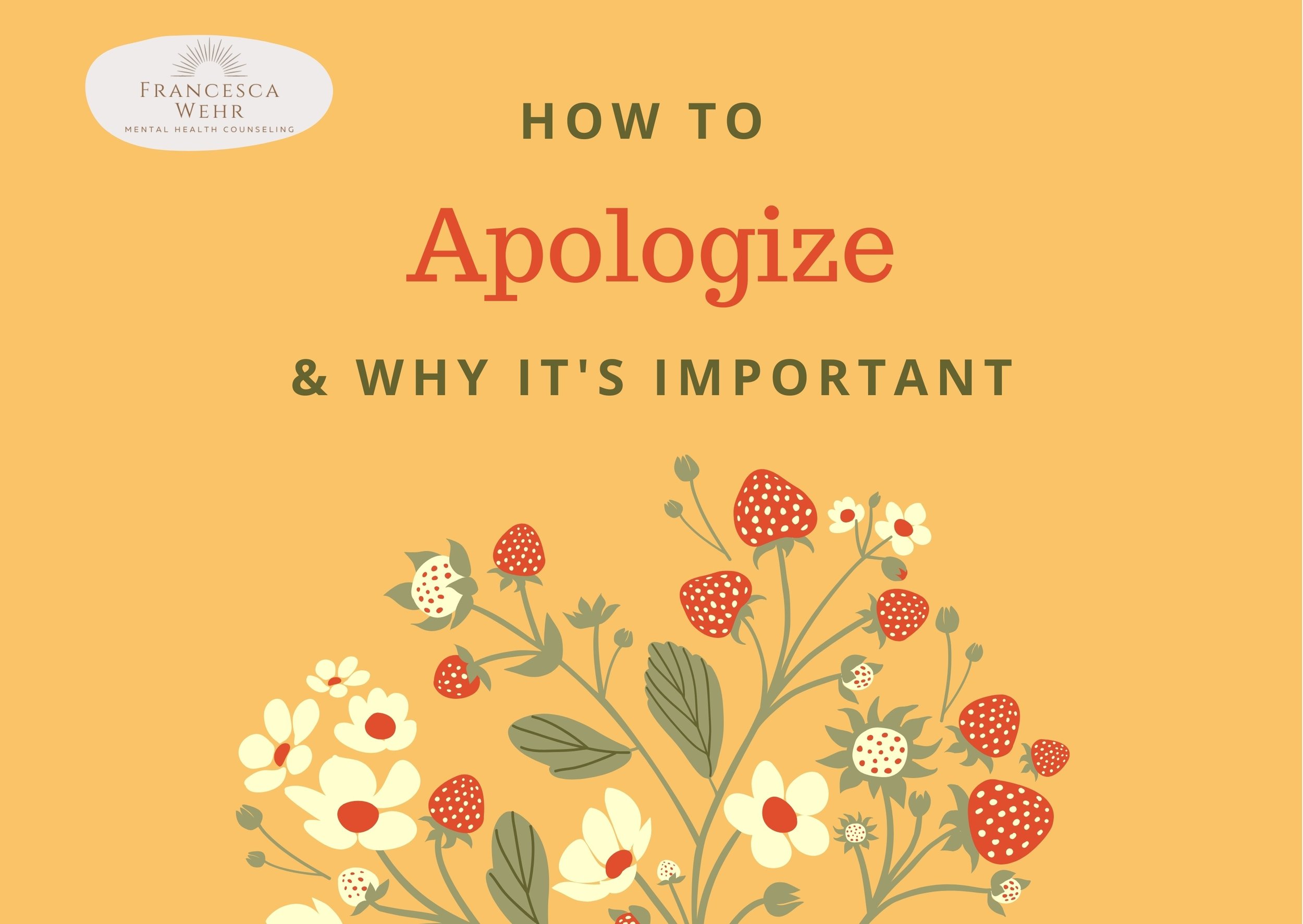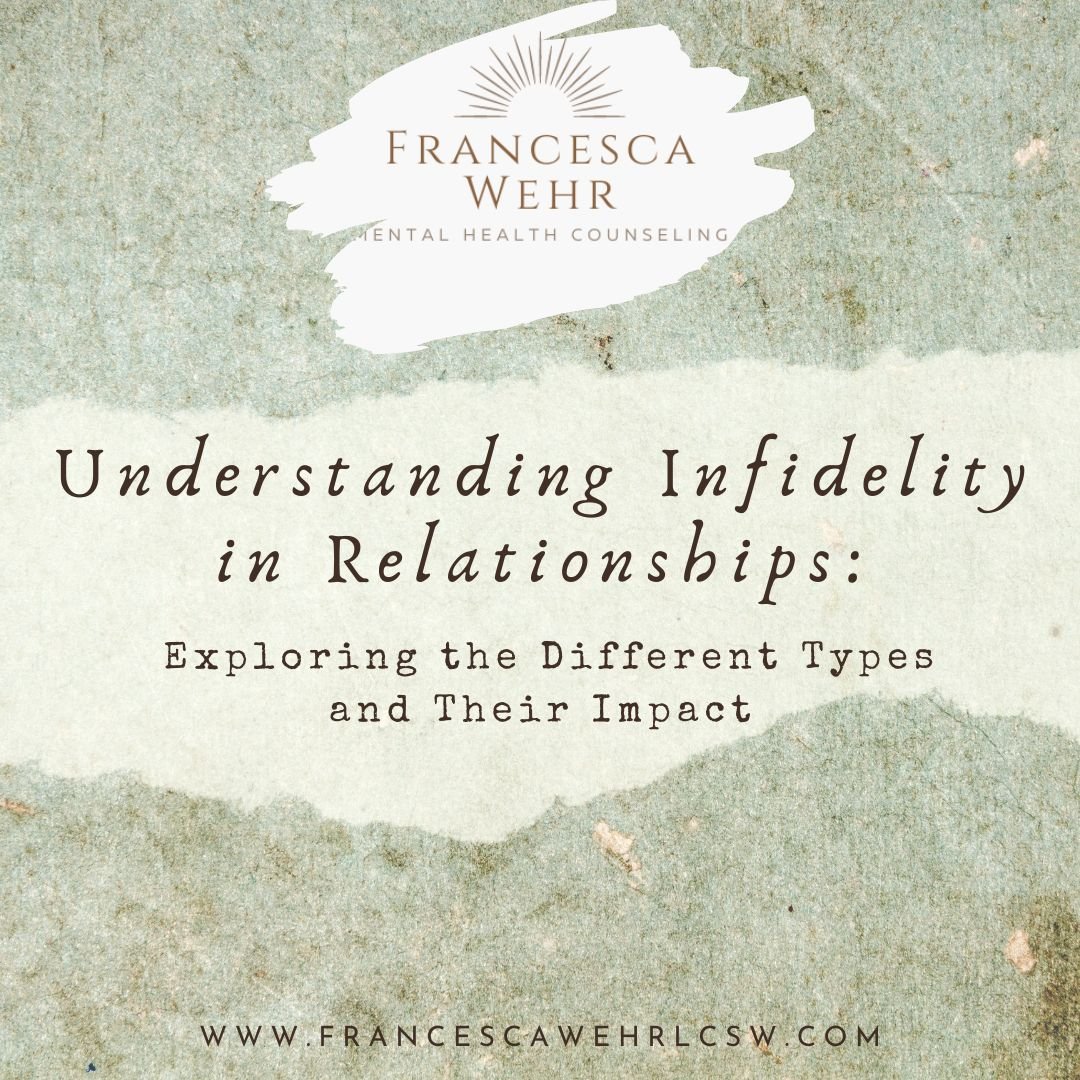
When Love Feels Distant: How Couples Become Strangers—And What Can Rebuild the Bond
When did we stop being close? Emotional distance can quietly unravel even the strongest relationships. But with small, consistent efforts, connection is possible again. Here’s how to begin the repair.

How to Support an Adult Loved One with ADHD: A Therapist’s Guide to Building Connection and Understanding
ADHD doesn’t end in childhood—and for many adults, it shows up in subtle but disruptive ways. Whether you’re a partner, friend, or family member, your support can make a huge difference. In this therapist-backed guide, learn how to offer structure, empathy, and encouragement without micromanaging or misunderstanding your loved one’s needs.

How to Support a Loved One Struggling with Depression (Without Losing Yourself in the Process)
Watching someone you love struggle with depression can be overwhelming, but your support can make a significant impact. Depression goes beyond occasional sadness—it’s a mental health condition that affects a person’s mood, energy, and daily functioning. To help, start by educating yourself about depression, listen without judgment, and offer practical help with day-to-day tasks. Encourage them to seek professional treatment and, most importantly, be patient and compassionate. Recovery takes time, but your presence can provide the comfort and stability they need.

Understanding Attachment Styles: How They Shape Relationships and Emotional Well-Being
Our attachment styles—secure, anxious, avoidant, or disorganized—play a key role in how we form and navigate relationships. Rooted in early experiences, these patterns influence intimacy, trust, and communication. Dive into the characteristics of each style and discover strategies to foster emotional growth and healthier bonds.

The Hidden Impact of Unresolved Trauma on Relationships
Unresolved trauma often lingers beneath the surface, shaping how we connect with others in ways we may not realize. From trust issues to emotional triggers, its effects on relationships can be profound. Explore how trauma manifests in our interactions and learn actionable steps to heal and rebuild stronger, healthier connections.

Gentle Startups in Relationships: A Path to Healthier Communication
Conflict is inevitable in any relationship, but how we approach it makes all the difference. Gentle startups, a concept from Dr. John Gottman, offer a way to address sensitive issues calmly and with empathy. By using "I" statements, focusing on feelings rather than blame, and expressing positive needs, couples can navigate disagreements with care. In this post, we explore the importance of gentle startups, how they improve communication, and practical tips for incorporating them into your relationship.

7 Ways to Strengthen Emotional Intimacy in Your Relationship
Emotional intimacy is the foundation of a strong, lasting relationship. If you feel disconnected from your partner or want to deepen your bond, this post offers 7 actionable strategies to strengthen emotional intimacy. From improving communication to practicing vulnerability, learn how to create a more connected and fulfilling relationship.

How to Break the Cycle of the Four Horsemen in Relationships
The Four Horsemen—criticism, contempt, defensiveness, and stonewalling—can wreak havoc on relationships if left unchecked. These negative communication patterns often lead to resentment and emotional disconnection. In this post, we explore how to recognize the Four Horsemen in your relationship and offer practical strategies to break the cycle, helping you rebuild trust, respect, and a deeper emotional connection.

Embracing Unconditional Positive Regard: The Heart of Therapeutic Rapport
On the Pathways to Wellness blog, Francesca Wehr, LCSW, discusses the transformative power of unconditional positive regard in therapy. Discover how this judgment-free approach builds trust, encourages self-acceptance, and strengthens the therapeutic relationship.

Approach Financial Stress with a Strategic Mindset: Navigating Holiday Spending with Ease
Financial stress can overshadow the holiday spirit. Learn how to manage your holiday spending with a strategic mindset, including budgeting tips and alternative ways to celebrate without breaking the bank.

Navigating Family Dynamics & Setting Boundaries During the Holidays: A Guide to a Peaceful Season
Family gatherings can be joyful yet challenging. Learn how to set compassionate boundaries and protect your mental well-being during holiday events. Discover practical strategies to manage family dynamics with grace and ease.

A Comprehensive Guide to Maintaining Mental Well-being
The holiday season is often portrayed as a time of joy, but it can also bring stress, anxiety, and emotional turmoil. In our latest series on Pathways to Wellness: Insights from Francesca Wehr, LCSW, we explore practical strategies to maintain your mental well-being during this complex time. From managing family dynamics and financial stress to practicing self-care and mindfulness, this guide offers the tools you need to navigate the holidays with resilience and genuine joy. Stay tuned as we dive deeper into these essential topics, helping you transform the holidays into a season of meaningful connection and personal growth.

5 Signs Your Relationship Needs a Communication Tune-Up
Effective communication is the foundation of any healthy relationship, but even the best couples can experience breakdowns. If misunderstandings are frequent or tough conversations are being avoided, it might be time for a communication tune-up. In this post, we’ll cover five key signs that your relationship could benefit from better communication and offer actionable tips to help you reconnect with your partner.

Navigating Relationship Conflict: Managing Solvable, Perpetual, and Gridlocked Problems
Every relationship, no matter how strong, faces perpetual problems—recurring conflicts rooted in fundamental differences between partners. These issues, such as differences in personality, lifestyle, or values, can't always be solved, but they can be managed. In this post, we explore common examples of perpetual problems and offer strategies to handle them with empathy, humor, and acceptance, helping you build a stronger, healthier relationship despite the inevitable conflicts.

How to Apologize & Why It's Important
Mistakes are a natural part of life, but how we handle them can make all the difference in our relationships and personal growth. Francesca Wehr, LCSW, from Pathways to Wellness, explains the importance of a sincere apology and offers practical tips for making amends. Learn about the psychological impacts of apologizing and forgiving, and discover a guided self-reflection journal prompt to deepen your understanding of these essential skills. Embrace the power of an apology to heal, grow, and strengthen your connections with others.

Before You Speak, T.H.I.N.K.: The Power of Mindful Communication
The world of instant messaging and real-time conversations has undoubtedly made communication more accessible than ever. However, it has also made it all the more critical for us to pause and reflect on the words we use. The acronym T.H.I.N.K provides a simple yet potent framework for fostering mindful communication. It stands for Truth, Helpfulness, Inspiration, Necessity, and Kindness. This article delves into each component of the T.H.I.N.K method, illustrating how it can enhance interpersonal relationships and self-esteem.

Healing from Emotional Abuse and the Maze of Reenactment
Join Francesca Wehr, LCSW, as she guides us through the complex journey of healing from emotional abuse. This insightful post delves into the phenomena of trauma reenactment and revictimization, shedding light on the subconscious patterns that perpetuate past traumas into present scenarios. Learn about the psychological underpinnings of trauma, effective coping mechanisms, and therapeutic strategies that aim to break the cycle of abuse and empower individuals towards a resilient and renewed self.

Getting to Know Personality Disorders: The ABCs of Clusters A, B, and C
Personality disorders represent deeply ingrained, unhealthy patterns of behavior and thinking that significantly affect how an individual perceives the world and relates to others. They're grouped into three clusters - A, B, and C - each characterized by similar or overlapping traits. Pathways to Wellness: Insights from Francesca Wehr, LCSW Mental Health Counseling explores these clusters and the disorders that fall under them.

What’s the Difference Between a Boundary and an Ultimatum in Relationships?
The difference between boundaries and ultimatums in relationships can often be a cause for confusion. However, understanding this distinction is essential in fostering healthy connections with others. In this blog post, we will delve into the characteristics of both and examine the core differences.

Understanding Infidelity in Relationships: Exploring the Different Types and Their Impact
Infidelity, or the act of being unfaithful in a committed relationship, is a complex and emotionally charged issue. It can manifest in various forms, each with its unique challenges and consequences. Pathways to Wellness: Insights from Francesca Wehr, LCSW Mental Health Counseling explores the different types of infidelity – physical, emotional, cyber, object, and financial – and provides examples of each to help deepen our understanding of this sensitive topic.




